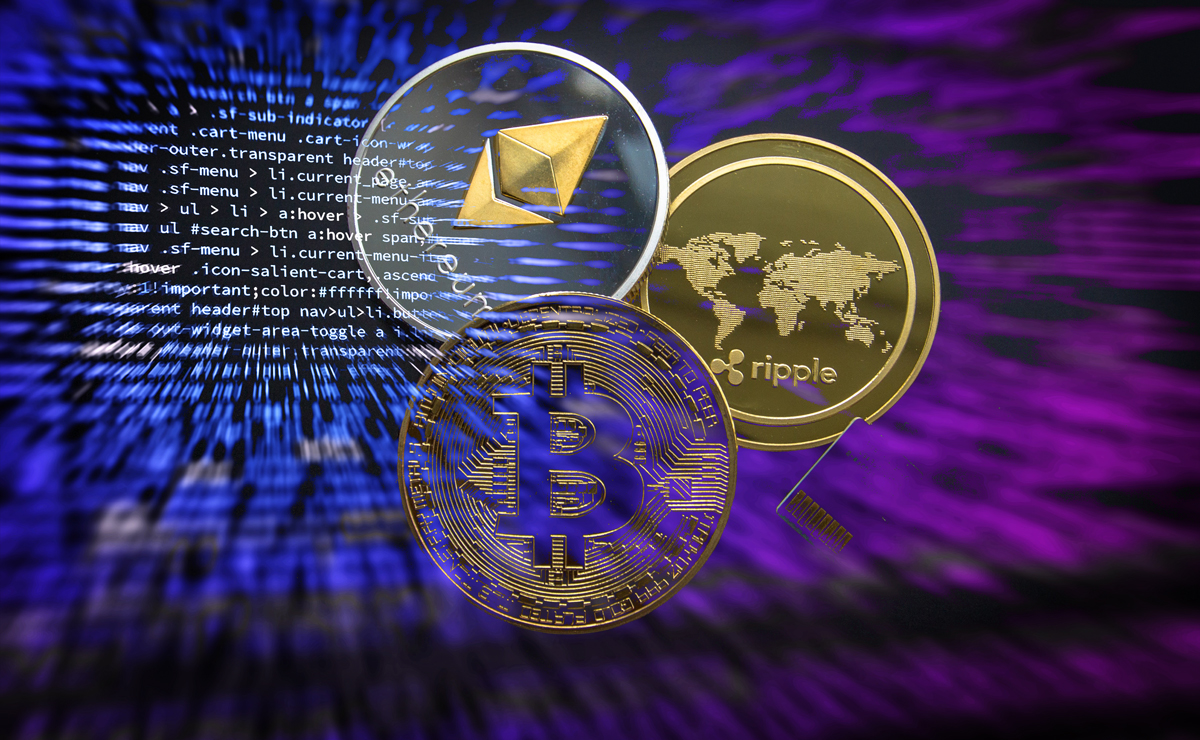Everywhere you hear about crypto, you hear the same disclaimer. “Do your own research (DYOR). This is not financial advice”. So how do you properly research Bitcoin?
Isn’t the blog post I’m reading, or the video I’m watching considered research? God, no. That blog post or video is designed to fill somebody’s pockets.
In order to properly research a cryptocurrency project, you should be asking certain questions.
Be realistic with your goal
Are you trying to make a quick buck? Or do you actually believe in the project? Answering this question can dramatically change your perspective on an investment decision.
Here’s how I would approach Bitcoin today if I were looking to make a five-year investment.
How to research Bitcoin
Bitcoin is the top blockchain project to date, so how does it look through the lens of a five-year investor? Has the dramatic rise and fall of the price made it a bit too risky?
What is price?
The first thing I learned about cryptocurrency was how to calculate the price of a coin. Price is simply just the result of supply and demand: the total market capitalization (market cap) divided by the circulating supply.
In the case of Bitcoin, we’ll use some make-believe numbers. Let’s say the total market cap is $100,000,000,000 and there are 20,000,000 coins in circulation, the price of 1 Bitcoin would be $5,000:
100,000,000,000 / 20,000,000 = 5,000
Market Cap and Supply
Once you understand market cap and supply, you can ask some better questions:
Market Cap
How does the market cap compare to other projects in the industry?
Is there room to grow? Smaller-cap projects tend to have more risk of failing, but larger-cap projects usually offer smaller percentage gains.
How many other projects are there in the industry?
Is the industry saturated with new projects? If so, how does this project compare?
What is the combined market cap of the industry? How does it compare to the market cap of an equivalent centralized industry?
Is there potential for new money to flood into this industry?
Circulating Supply
What is the maximum supply for this project?
How many coins can be minted in total? What is the maximum number the market cap will ever be divided by?
Can more coins ever be minted?
Some projects are not fully decentralized and allow the developers to mint more coins or tokens at will. This can dilute the price per coin as more become available.
How are coins minted?
Some projects use mining, others use a staking algorithm. Most projects also include an anti-inflation mechanism called “halving”, which reduce the minted supply and usually cause a change in price action.
Read the whitepapers
Make yourself a nice cup of coffee, tea or kombucha and dive into the whitepapers. You can find them at the main website for any cryptocurrency worth a damn.
Whitepapers are usually super dry, scientific papers written by computer scientists. They are a slog, but they are the only way to truly understand the vision of a project without relying on some YouTube shill artist’s paid hype video.
Does the project have a clear use case? Do you believe it?
Is the team listed on the website? Are they credible? Links to their LinkedIn?
Does the project have a working product? Have you tried it?
Partnerships and Third Parties
It’s time to consider what the rest of the market thinks after learning about the price, project and team. Who else is excited about the project?
Focus on influencers like large companies or celebrities that are fuelling user adoption. People need to learn to use blockchains before the industry really becomes mainstream. It’s these companies that will pave the way.
Applying our research to Bitcoin
So how does Bitcoin look based on this little framework? At the time of writing, Bitcoin boasts a market cap of $154,663,273,808 and has a circulating supply of 18,179,550 BTC.
Bitcoin is the top-ranked cryptocurrency by a long shot, dominating 66.1% of the total combined market cap for all cryptocurrencies ($234,065,247,724; data from CoinMarketCap)
Bitcoin’s market cap and supply
While the total market cap is huge, the total coin supply will ever be 21,000,000. Many (myself included) are optimistic that the $154 billion market cap will increase to the hundreds of trillions, effectively pushing the value of Bitcoin above $1 million USD per coin.
This is definitely possible when you compare Bitcoin’s market cap against traditional “store of wealth” assets like gold.
The Bitcoin Project
As the original open-source blockchain peer-to-peer cryptocurrency, Bitcoin has the strongest mining network and the largest market cap of any other project. It also served as the starting point for thousands of new cryptocurrencies after the 2017 bull run.
Bitcoin is also one of the most common trading pairs across cryptocurrency exchanges, serving as a gateway currency to purchase other cryptocurrencies.
Partnerships
As an open-source project, there are no formal partnerships with Bitcoin. However, there is an ecosystem built around it in the form of payment processors, wallets and other third-party applications that integrate with the blockchain.
Progress is being made on countermeasures to improve scalability and reduce transaction fees as the network grows. Some doubt Bitcoin’s ability to keep up with newer projects, but it has yet to be knocked off the throne.
Bitcoin Research: Conclusion
I’m a fan of Bitcoin. Not a maximalist, but I like the project and appreciate what it’s done for technology. I do see the potential for value as a store of wealth and I’ll aim to keep a certain, fixed amount of Bitcoin in my Ledger Nano for the long term and see what happens.
Do I think you should buy Bitcoin? I think you should do your own research because this is not financial advice 😉

